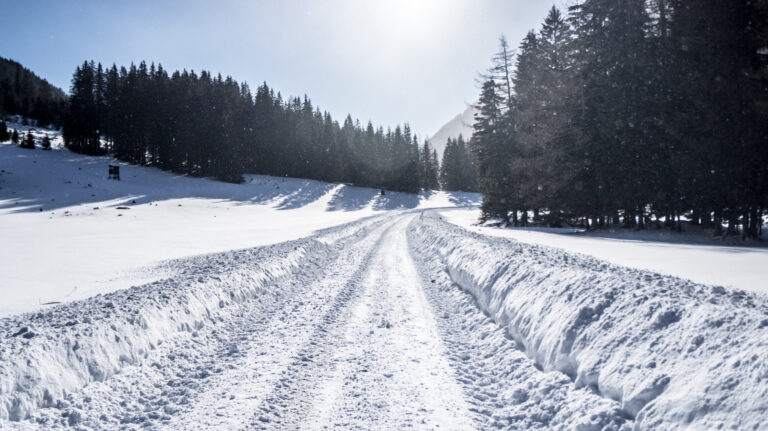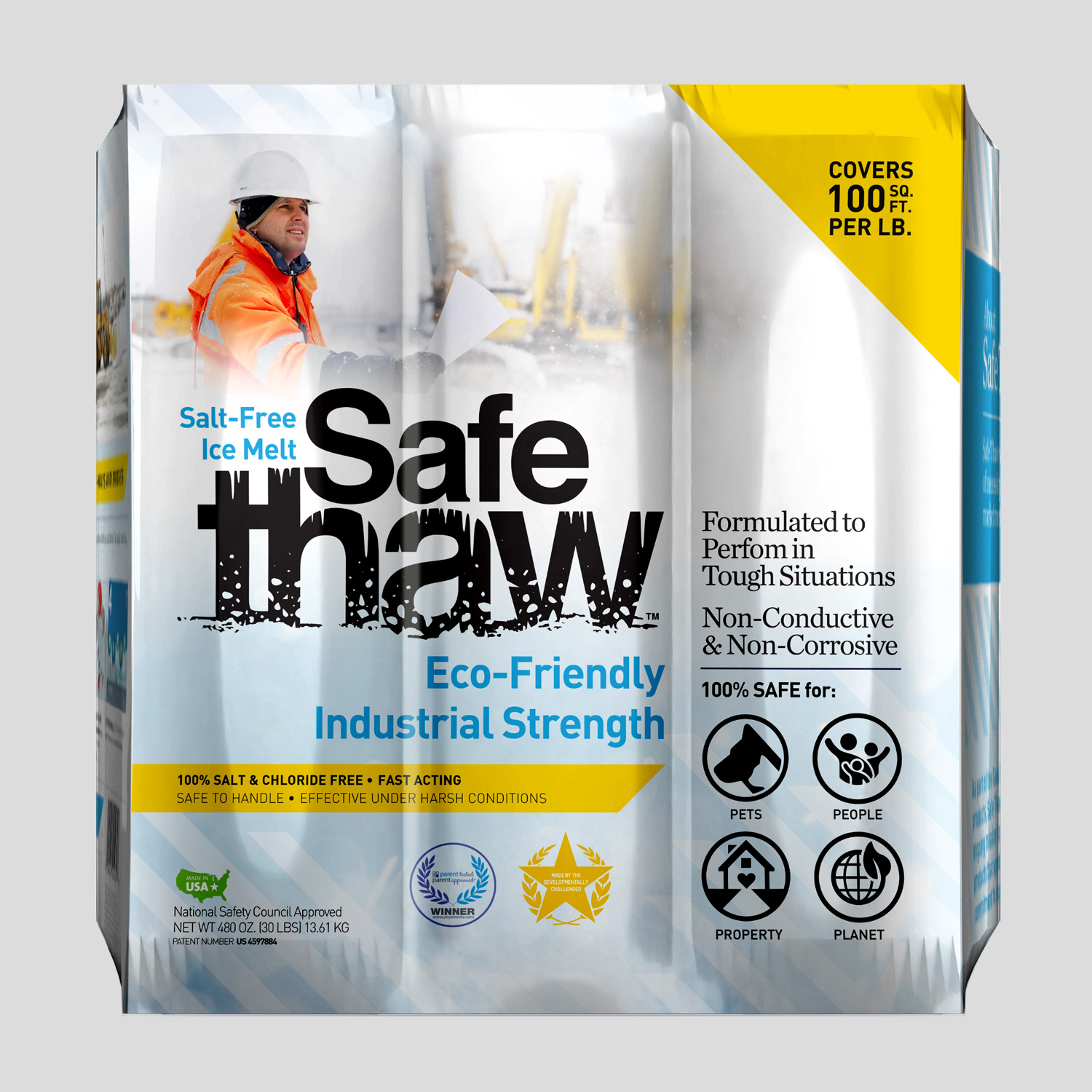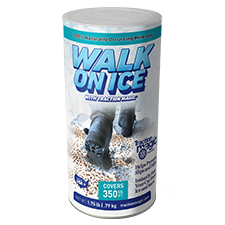Concrete Vs. Asphalt: The Driveway Debate

When it comes to choosing a material for your driveway, the decision often boils down to two primary contenders: concrete and asphalt. Both have their own sets of advantages and drawbacks. However, your choice will heavily depend on your specific needs, aesthetic preferences, budget, and regional factors such as climate. Let’s delve deep into the concrete vs asphalt driveway debate to help you make an informed decision.

Safe Thaw
Safe Thaw was created as the ice management solution for tough winter environments. Ideal in commercial and industrial properties, shops, government agencies, bridges, and construction.
Concrete Driveways: Pros And Cons
- Strength and Durability: Concrete driveways are known for their durability. When properly installed and maintained, a concrete driveway can last up to 30 years or more. Its rigid nature ensures that it doesn’t get rutted or have depressions easily.
- Aesthetic Flexibility: With concrete, the possibilities are endless. You can have it stained, stamped, or engraved to achieve various designs and colors, allowing for a customized appearance.
- Resistance to Heat: Concrete reflects sunlight, making it cooler than asphalt during hot summer days. This can be particularly beneficial in scorching climates.
However, concrete isn’t without its drawbacks. It’s more expensive upfront than asphalt and can stain more easily. Additionally, in colder climates, it’s prone to cracking due to freeze-thaw cycles.
Asphalt Driveways: Pros And Cons
- Cost-Effective: Asphalt driveways are generally more affordable to install than concrete, making them a popular choice for homeowners on a budget.
- Quick Installation: An asphalt driveway can often be laid in a day or two, depending on its size. Once laid, it takes less time to set than concrete.
- Flexibility: Asphalt is slightly more flexible than concrete. This flexibility makes it less susceptible to cracks over time.
- Recyclable: Asphalt can be removed, reprocessed, and reused, making it an eco-friendly option.
- On the downside, asphalt requires more frequent maintenance. It needs resealing every 3-5 years to maintain its appearance and structural integrity. Moreover, it tends to get hotter during summer and can soften in extreme heat.
Maintenance And Longevity Matters
So, in the debate of concrete vs asphalt driveway, asphalt is more affordable and easier to install but requires more maintenance. Concrete has more design options and better durability, but it’s more expensive. No matter your choice between asphalt and concrete, maintenance plays a pivotal role in ensuring longevity. Although the materials that make up the driveway (concrete vs asphalt) both consist of gravel bases. Both materials can become slippery and hazardous in icy conditions, especially during the winter months.
Traditional de-icing methods, such as rock salt or chemical-based ice melts, can be harmful. Not only can they degrade the surface of both concrete and asphalt over time, but they also pose environmental risks.
The Safe Thaw Advantage
To ensure the longevity of your driveway, whether it’s asphalt or concrete, it’s vital to choose maintenance products wisely. Safe Thaw stands out as a chloride-free and toxin-free, industrial-use ice melt. Its non-corrosive nature ensures that it won’t harm your industrial property, or machinery result in short circuits.
Furthermore, Safe Thaw’s concentrated formula offers long-term, maximum effectiveness from one season to the next. The patented blend, made of a modified crystalline amide core infused with special glycol admixture and traction agents, ensures you’re not compromising on safety or environmental responsibility.
100% salt & chloride-free, fast acting Ice Management Solution
Making The Decision
When debating between asphalt vs concrete driveway options, consider factors like initial costs, maintenance, aesthetic desires, and your region’s climate. While each has its unique benefits, remember that maintenance is critical. Opting for eco-friendly products like Safe Thaw can extend the life of your driveway and ensure a safer, greener choice for the environment.
In the end, whether you lean toward the smooth finish of concrete or the textured resilience of asphalt, it’s all about ensuring your choice aligns with your home’s needs, aesthetic desires, and long-term goals.
Try Also Our Other Winter Safety Products:
Safe Paw
The Original and #1 Selling Pet and Child Safe Ice Melt for over 20 years. Guaranteed environmentally safe –It won’t harm animals or children, and it won’t damage your property. That’s Safe Paw. Safe Paw can change how winter affects our planet.

Walk On Ice
The handy disposable canister can be taken everywhere, with the same 100% naturally occurring minerals that provide instant traction on ice or snow. Use it on sidewalks, steps, or as an instant traction agent for your car.



